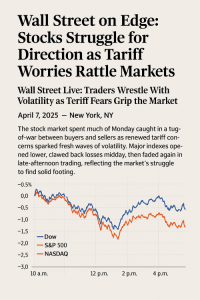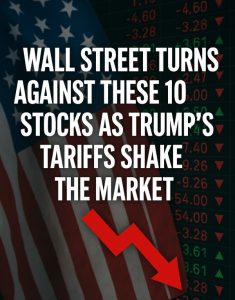Amazon Lawsuit: FTC Claims Retail Giant Abused Monopoly Power to Hurt Consumers, Rivals, and Sellers

Amazon Lawsuit: FTC Claims Retail Giant Abused Monopoly Power to Hurt Consumers, Rivals, and Sellers
On September 26, 2023, the US Federal Trade Commission (FTC) and 17 states sued Amazon, alleging that the online retailer illegally uses its monopoly power to overcharge consumers, stifle innovation, and prevent rivals from fairly competing.
The lawsuit alleges that Amazon has used its dominance in the e-commerce market to:
- Force sellers to pay higher fees, which are then passed on to consumers in the form of higher prices.
- Use data from third-party sellers to develop its own competing products, which it then gives preferential treatment on its platform.
- Prevent sellers from offering lower prices on other platforms.
- Make it difficult for rivals to compete by acquiring them or copying their products and services.
The FTC’s lawsuit is the latest in a series of antitrust challenges against Amazon. In 2022, the European Union fined Amazon €746 million for abusing its dominance in the online marketplace.
The FTC’s lawsuit is a major victory for consumers and small businesses. If Amazon is found to have violated antitrust laws, the company could be forced to change its business practices and pay billions of dollars in fines.
Here is a more detailed look at how Amazon’s alleged monopoly power is hurting consumers, rivals, and sellers:
Consumers
Amazon’s monopoly power is giving the company the ability to charge higher prices for goods and services. A study by the National Bureau of Economic Research found that Amazon’s market dominance has led to an average price increase of 2.8% for consumers.
Amazon is also using its monopoly power to stifle innovation. The company has a history of copying new products and services from rivals and then giving them preferential treatment on its platform. This makes it difficult for new entrants to compete and can lead to less innovation for consumers.
Rivals
Amazon’s monopoly power is making it difficult for rivals to compete. The company has a number of advantages over its rivals, including a massive customer base, a vast network of warehouses, and a deep understanding of the e-commerce market.
Amazon is also using its monopoly power to prevent rivals from competing fairly. For example, the company has been accused of using its data on third-party sellers to develop its own competing products, which it then gives preferential treatment on its platform.
Sellers
Amazon’s monopoly power is forcing sellers to pay higher fees and giving the company the ability to control their businesses. Amazon charges sellers a variety of fees, including commissions, subscription fees, and fulfillment fees. These fees can take a significant bite out of sellers’ profits.
Amazon is also using its monopoly power to control sellers’ businesses. For example, the company has been accused of preventing sellers from offering lower prices on other platforms. This can make it difficult for sellers to find new customers and grow their businesses.
The FTC’s lawsuit against Amazon is a major step towards protecting consumers, small businesses, and competition in the digital economy. If Amazon is found to have violated antitrust laws, the company could be forced to change its business practices and pay billions of dollars in fines. This would be a victory for consumers, rivals, and sellers alike.






